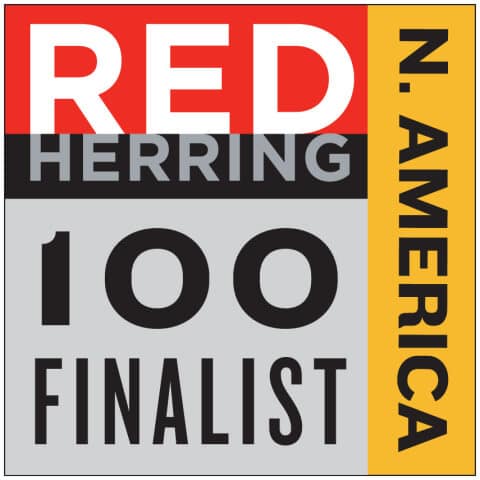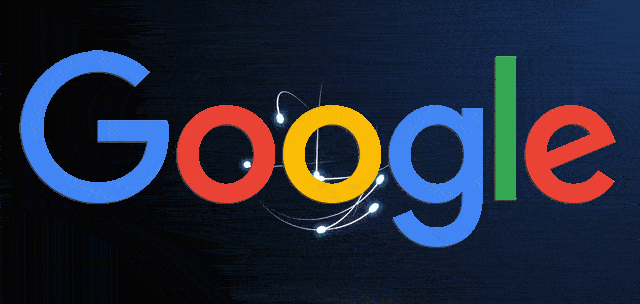Google Domain Ranking Factors:
1. Domain Age: Matt Cutts states that:
“The difference between a domain that’s six months old verses one year old is really not that big at all.”.
In other words, they do use domain age…but it’s not very important.
2. Keyword Appears in Top Level Domain: Doesn’t give the boost that it used to, but having your keyword in the domain still acts as a relevancy signal. After all, they still bold keywords that appear in a domain name.
3. Keyword As First Word in Domain: Moz’s 2011 Search Engine Ranking Factors panelists agreed that a domain that starts with their target keyword has an edge over sites that either don’t have the keyword in their domain or have the keyword in the middle or end of their domain:
4. Domain registration length: A Google patent states:
“Valuable (legitimate) domains are often paid for several years in advance, while doorway (illegitimate) domains rarely are used for more than a year. Therefore, the date when a domain expires in the future can be used as a factor in predicting the legitimacy of a domain”.
5. Keyword in Subdomain Name: Moz’s panel also agreed that a keyword appearing in the subdomain boosts rank:
6. Domain History: A site with volatile ownership (via whois) or several drops may tell Google to “reset” the site’s history, negating links pointing to the domain.
7. Exact Match Domain: EMDs may still give you an edge…if it’s a quality site. But if the EMD happens to be a low-quality site, it’s vulnerable to the EMD update:
8. Public vs. Private WhoIs: Private WhoIs information may be a sign of “something to hide”. Matt Cutts is quoted as stating at Pubcon 2006:
“…When I checked the whois on them, they all had “whois privacy protection service” on them. That’s relatively unusual. …Having whois privacy turned on isn’t automatically bad, but once you get several of these factors all together, you’re often talking about a very different type of webmaster than the fellow who just has a single site or so.”
9. Penalized WhoIs Owner: If Google identifies a particular person as a spammer it makes sense that they would scrutinize other sites owned by that person.
10. Country TLD extension: Having a Country Code Top Level Domain (.cn, .pt, .ca) helps the site rank for that particular country…but limits the site’s ability to rank globally.
Google Domain Ranking Factors are 10 of 200 Total Algorithm Factors. Here is a breakdown of the rest of Google’s Algorithm Factors.
The Google Algorithm is the Most Complex and Most Valuable Algorithm in the World. It’s made up of more than 200 factors, more than 10,000 subfactors, tweaked up to 500 times per month and operated by Artificial Intelligence.
The Google Algorithm is a comprehensive guide or rule book explaining – How the Internet Works – How the Entire Infrastructure of the World Wide Web Functions – How each Interconnected Website Influences the Next. It’s a Digital Marketing Protocol – how to optimally design & construct web pages/websites in order to maximize engagement, increase exposure, how backlinks and social media interactions popularize one’s domain, how our entire digital ecosystem behaves and operates.
The Google Algorithm is a recipe of how to optimally CONSTRUCT & GROW a Digital Business Network within the Framework of Today’s Internet.
Mollify is a Content Management System Design & Development Firm. With the use of Software, Analysis, and Algorithms,
Mollify Helps Companies Enhance Their Digital Business.





